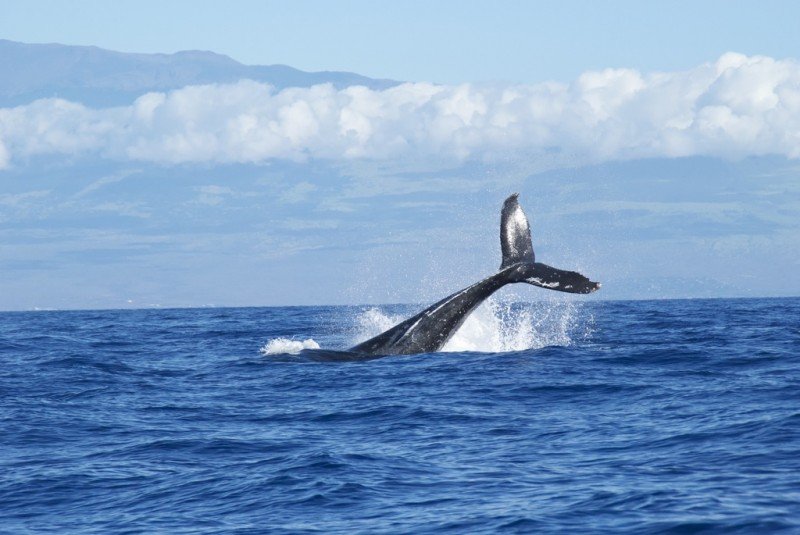
Bill C-48 provides necessary protection for the B.C. north coast from the devastation of an oil tanker spill.
There is a fragile balance between whales and the environment they need for their survival.
The north coast of my home province of British Columbia is home to the most majestic mammal – the killer whale, a threatened species of a mere 205 members located from mid-Vancouver Island to Southeastern Alaska.
That is why as a Senator and British Columbian, I am proud to sponsor Bill C-48, the Oil Tanker Moratorium Act. Bill C-48 is important environmental piece of legislation which provides the necessary protection for the north coast of my home province by safeguarding the habitats of threatened species like the killer whale.
Recent declines in the killer whale population are attributed to a decrease in their food source, Chinook salmon.
Years of overfishing, warming waters and degradation of salmon habitats have crushed the once-healthy population of Chinook salmon. In fact, the northern resident killer whale spends 90% of their day foraging for salmon that is becoming more and more difficult to find.
On top of their diminished food source, the northern Pacific killer whale also suffers from high levels of pollutants plaguing their waters and compromising their immune systems. Worse yet, fumes from an oil spill can actually knock out a fully grown killer whale causing them to drown.
Bill C-48 seeks to keep the north coast of beautiful British Columbia free from the devastating effects of an oil spill by formalizing in law a crude and persistent oil tanker moratorium. More specifically, this protection applies to tankers carrying large amounts of materials such as bitumen crude, slack wax and other persistent oils, and will be punishable by fines of up to $5 million.
Bill C-48 comes directly from the coastal communities who seek legislation that will protect their waters and traditional lands for generations to come. These waters not only sustain many marine animals that find shelter in the tides, but they are a direct source of income for coastal first nations who conduct business on the coast.
Indeed, Chief Marilyn Slett, President of Coastal First Nations, a unique alliance of 9 B.C. First Nations has fought long and hard for Bill C-48.
“In the precious lands and waters of the northwest coast, we co-exist with the whales, bears, wolves and salmon as our ancestors have known them. We can still get our supper and livelihoods from the wild, yet we lament the decline from even a generation ago. Over-harvesting, mismanagement and loss of habitat has taken their toll.
Bill C-48 is about preserving the economic, cultural and social well-being of our communities.”
The northern coast of British Columbia is more than simply a stretch of land – to coastal communities that live along the shore, it represents their precious heritage, way of life and livelihood.
We cannot afford to jeopardize the cultural and social well-being of communities that have stewarded this land for millennia.
The risk of a spill poses too much danger to the threatened species of killer whales that forage for food, which is becoming more and more difficult to find.
The risk of a spill should not be the burden of communities whose food comes directly from those waters.
We simply cannot afford the risk of a spill.
As Bill C-48 continues its journey in the Senate and study in Transport and Communications Committee, I ask that Canadians listen closely to the plight of those who are fighting for legislation that protects their livelihood.
Let us work together to support the economies of Coastal First Nations and do right by an eco-system that deserves our protection.